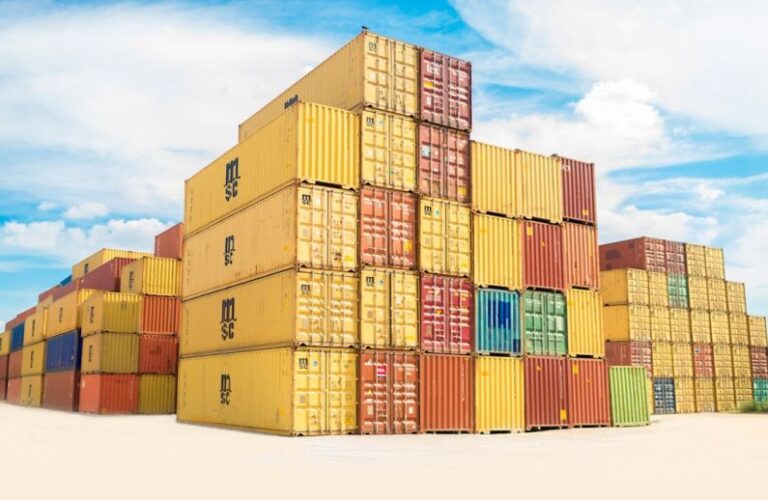The Impact of 5g on Supply Chain Management
The realm of supply chain management is evolving rapidly, and one of the key drivers of this transformation is the adoption of 5G technology. As the fifth generation of wireless technology, 5G promises to revolutionize the way businesses operate, particularly in the context of supply chain management. By enabling faster, more reliable, and more secure communication, 5G has the potential to streamline operations, improve efficiency, and drive innovation across the entire supply chain. Let’s explore the significant impact that 5G is having on supply chain management.
Enhanced Connectivity and Real-Time Data Exchange
One of the most significant benefits of 5G technology in supply chain management is the enhanced connectivity it provides. With faster data transfer speeds and lower latency, 5G enables real-time communication between various nodes in the supply chain network. This means that companies can track inventory levels, monitor shipments, and manage logistics operations with unprecedented speed and accuracy.
Improved Inventory Management and Asset Tracking
5G technology also plays a crucial role in enhancing inventory management and asset tracking in the supply chain. By leveraging the power of 5G-enabled IoT devices and sensors, companies can monitor the location and condition of goods in transit in real-time. This level of visibility not only helps in preventing stockouts and reducing theft but also enables proactive decision-making to optimize inventory levels and minimize holding costs.
Efficient Logistics and Route Optimization
Another key area where 5G is making a significant impact on supply chain management is in logistics and route optimization. With 5G-enabled GPS tracking and advanced analytics, companies can optimize delivery routes, reduce transportation costs, and improve on-time delivery performance. Real-time traffic updates, weather conditions, and other external factors can be seamlessly integrated into the planning process, ensuring that goods reach their destination efficiently and cost-effectively.
Enhanced Warehouse Automation and Robotics
5G technology is also driving innovation in warehouse automation and robotics, leading to greater efficiency and productivity in supply chain operations. By connecting autonomous robots, drones, and other smart devices to high-speed 5G networks, companies can automate repetitive tasks, streamline order fulfillment processes, and improve overall warehouse efficiency. This not only reduces labor costs but also minimizes errors and enhances the accuracy of order processing.
Increased Supply Chain Resilience and Agility
In today’s fast-paced and dynamic business environment, supply chain resilience and agility are more critical than ever. 5G technology plays a crucial role in enhancing the resilience of supply chains by providing a robust and reliable communication infrastructure that can withstand disruptions and unforeseen events. With 5G, companies can quickly adapt to changing market conditions, reroute shipments in real-time, and collaborate seamlessly with partners and suppliers, ensuring business continuity and operational efficiency.
The Future of Supply Chain Management with 5G
As 5G technology continues to mature and become more widespread, the future of supply chain management looks increasingly promising. From improved connectivity and real-time data exchange to enhanced inventory management and asset tracking, 5G is reshaping the way businesses operate and interact within the supply chain ecosystem. By embracing this transformative technology and leveraging its capabilities, companies can gain a competitive edge, drive innovation, and unlock new opportunities for growth and success in the ever-evolving landscape of supply chain management.






